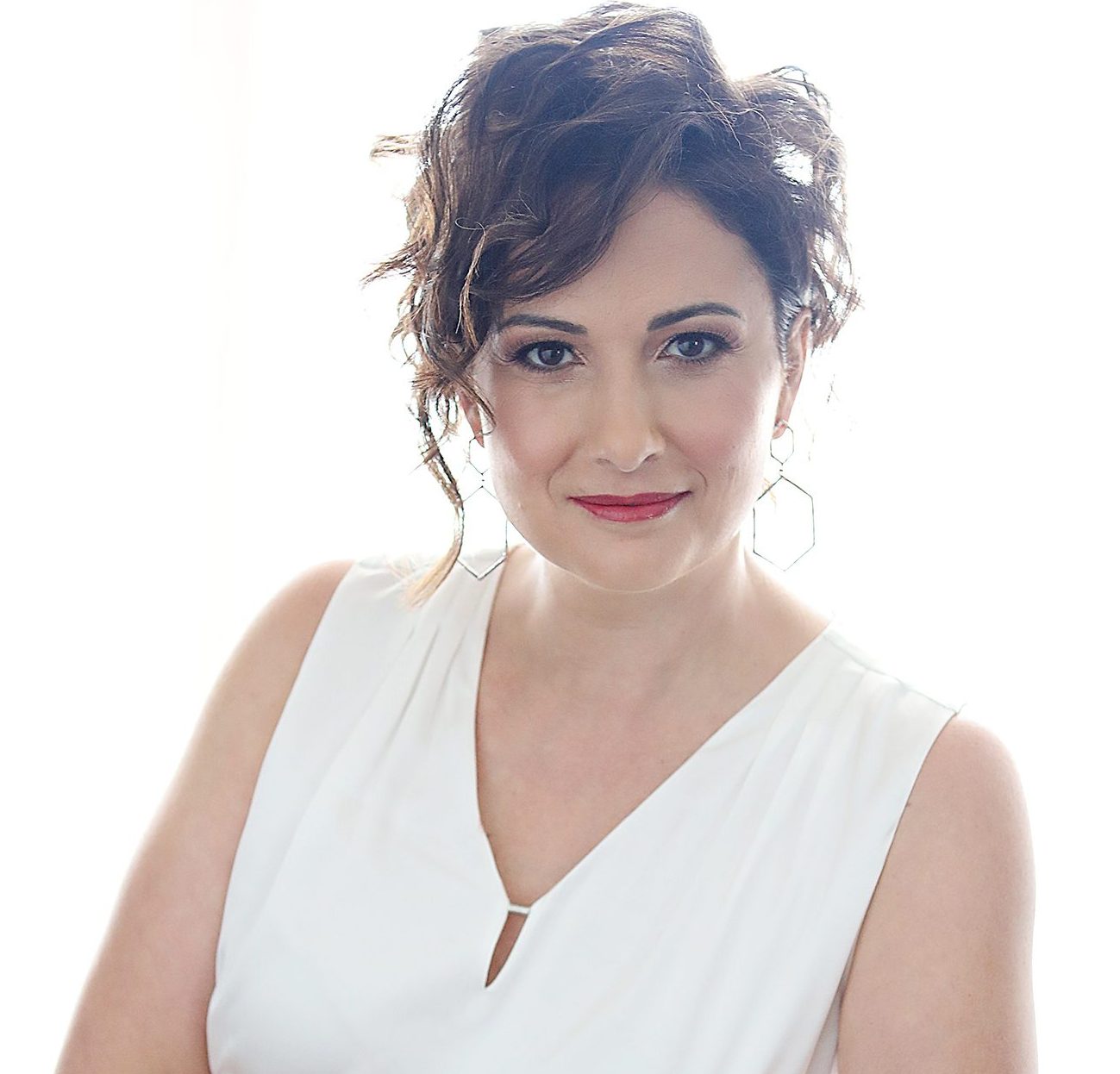
More and more organizations have rethought their Diversity, Equity, and Inclusion (DEI) strategies. However, some are still struggling to implement positive change or even acknowledge the benefits of diversity. When I evaluate a business, I categorize their view of DEI into one of the five below. As you and your team embark on your journey towards inclusion, I encourage you to evaluate your current position and think about the initiatives needed to move forward.
Reactive
These businesses take an aggressive stance against DEI measures. Many of these organizations may be led by misinformed leaders who strongly oppose DEI. The main issues with these organizations is FEAR and misinformation. They resist change and do not want acknowledge value of DEI.
Nice to Have
At a “nice-to-have” organization, DEI is mentioned but not truly implemented. The leadership team focuses on the limitations of money and time, preventing progress towards inclusion. For these companies, it will never be the “right time” to begin a DEI initiative. While they are not outright hostile, leaders continuously push diversity and inclusion to the wayside. In an effort to move to the next level, employees can petition for increased DEI training and look for fiscally responsible ways to incorporate diverse values.
Realizing the Value of DEI
With the rise of the Black Lives Matter movement and the increased visibility of racial injustice, many organizations are recognizing the importance of DEI. In these companies, executives understand that DEI is valuable. These organizations may focus on the public relations aspect of DEI, superficially committing to training and external statements to help their brand, but they are not supported with a clear strategy and detailed initiatives.
Dedicated
The “dedicated” stage is a positive place for organizations to be! The leadership team have a documented strategy and are intentional in implementing the DEI initiatives. The executives, managers, and employees are bought into the concept of DEI. These organizations are continually learning and progressing in their DEI initiatives and they encourage dialogue related to DEI topics.
Essential
At the “essential” level, DEI is weaved into the fabric of the culture. It plays a critical role in all internal and external communications, hiring and promotion practices, training, personal development opportunities, and supplier business partner selection. Organizations in this phase challenge the norm, establish best practices, and keep DEI at the forefront of their daily operations. While it is great to aspire to be this level, I believe many teams are on their way!
How do you rank your organization on this scale? Are there any barriers preventing DEI progress in your teams? What can we do to overcome these limitations and create a more inclusive work culture?
Dima Ghawi is the founder of a global talent development company. Her mission is providing guidance to business executives to develop diversity, equity, and inclusion strategies and to implement a multi-year plan for advancing quality leaders from within their organization.
Through keynote speeches, training programs and executive coaching, Dima has empowered thousands of professionals across the globe to expand their leadership potential.

